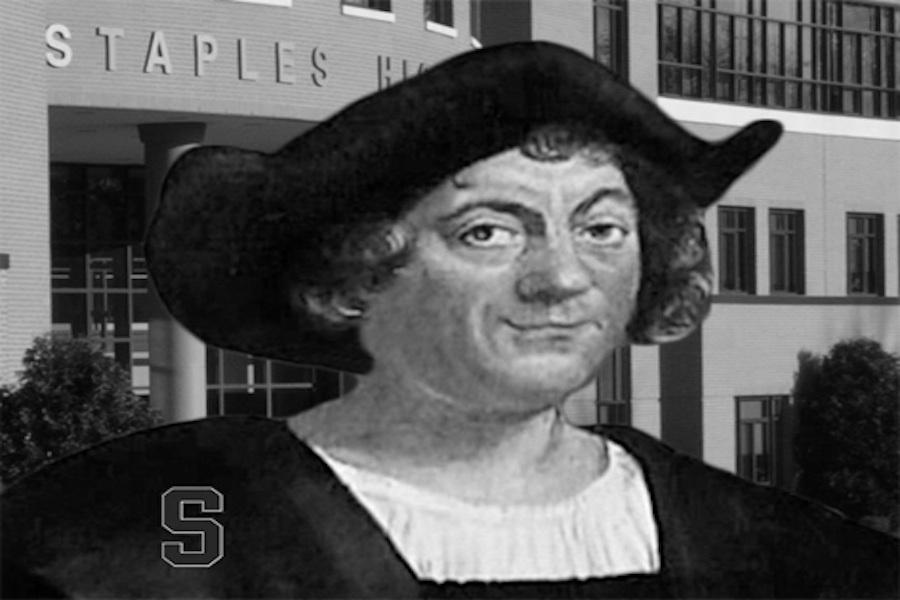Do we celebrate Ponce de Leon? How about Marco Polo? The countless Native-American tribes that trod this land long before any Europeans did?
No, in fact, these figures go without cities named for them, nor streets dedicated to them. (When was the last time you saw an Iroquois Avenue?). Not even a rhyme that children repeat under their breaths to figure out the year those explorers and natives arrived.
Yet, after years, we continue to discuss and focus on the polarizing, yet often celebrated, Christopher Columbus. Columbus has been hailed as a brave explorer who established America against the odds; he’s like Rocky would have been if he had been given the task of rounding a flat world. One would not believe the number of students who believe he landed on what would be United States soil. (He actually landed in the Bahamas.)
Columbus has provided a perfect example of the sobering reality of American history that we continue to learn as we grow older. The legend has outshadowed the actual man, who took natives as servants immediately, engaged in the slave trade, and overall represented a new age of imperialism.
When most people think of imperialism, I’m sure they see the image of some dictator’s army (maybe a blitzkrieg or Soviets, adorned with red stars) strolling into a primitive nation, portrayed on old, grayscale film. But looking back, Columbus is as good of a poster child for imperialism as anyone. He was a man who expanded into unknown territory, with little regard for anyone there, seeking wealth. On his first account of his journey, Columbus focused on how he could enslave any natives he found, calling them “good servants.” Within 50 years, almost 75% of the Native-Americans he found were dead.
Why would we celebrate imperialism?
In this case, celebrate is used loosely mainly because I cannot think of anyone who dedicated his or her day off to the day of Columbus. Columbus has outgrown its use in a changing America. Columbus Day is now an organ, vestigial from a time when many students and adults didn’t question their country: it was their history, right or wrong. I do enjoy a break in October, but I feel a nagging guilt when it celebrates an opportunist who took advantage of a new land and its unfamiliar people.
Can we cram the thousands of Native Americans into one holiday? Maybe a couple cities and streets too…














































